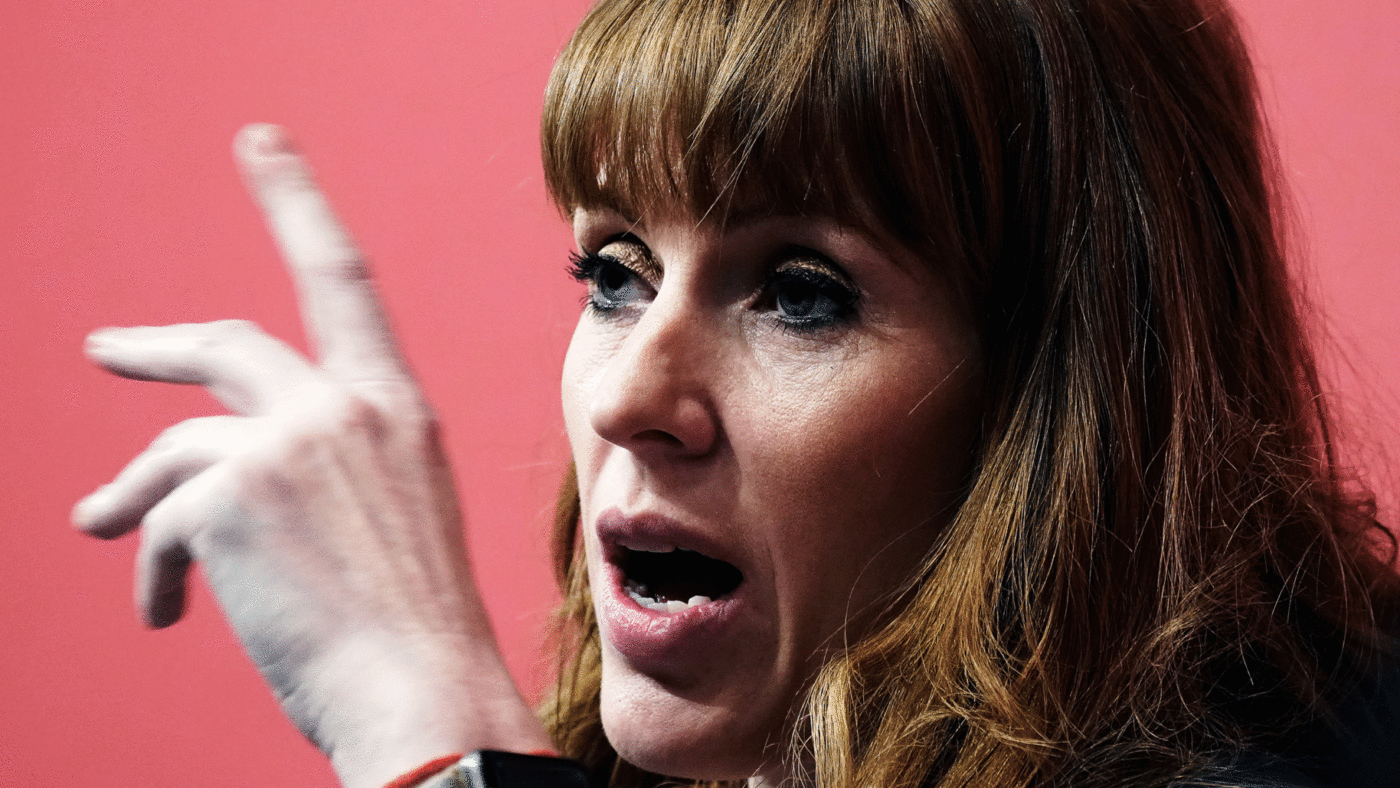The pandemic has taught us many things. Dreadful new terms like ‘social distancing’ have entered the lexicon, PPE is no longer just an Oxford degree for MPs, and Jonathan Van-Tam has proved there are no limits to how far you can extend a metaphor. But have we learned anything about politics?
A new report by the Institute of Economic Affairs argues that Covid is a mirror reflecting our own fixations back at us. As Kristian Niemietz wrote on these pages, people with completely different – even mutually exclusive agendas – from remainers to socialists, environmentalists to industrialists, have all claimed the events of the past year prove they were right all along.
As if to demonstrate the point, Twitter Trots seized on Niemietz’s report as evidence that the right despises the NHS and everyone who works in it. Angela Rayner called on Matt Hancock to condemn the report and repudiate his links with an organisation ‘which criticises our NHS and is committed to its dismantling, abolition and replacement with a privatised healthcare system’.
This is pretty wild mischaracterisation of a report which concludes that there are no obvious conclusions. The countries that have fared best in the pandemic – Taiwan, Hong Kong, Singapore and South Korea – did not succeed in keeping Covid deaths low, reducing economic impact and protecting personal freedoms because they have any particular kind of healthcare system, higher public spending or governments of a particular ideological stripe. While we may look with envy on Singapore’s Covid mortality statistics (a total of 29 deaths), we wouldn’t wish to emulate its use of the death penalty or its one party state. Hong Kong never imposed a national lockdown but that doesn’t make it a bastion of freedom.
Even comparing the UK’s performance with our nearer neighbours is somewhat spurious. Many European countries have had better outcomes so far, but the balance could tip in our favour as our vaccine rollout speeds ahead.
In other words, it’s just too soon to dispassionately assess how Britain has performed. The desire to tell a story that makes sense of the crisis stems from a very human need, and it’s understandable that people opt for a narrative they already believe in. But this story hasn’t finished.
When it has, we can weigh what the Government got right against what it got wrong. But the fundamental political challenges facing this country won’t have changed – just intensified. The virus has brutally exposed inequalities in our society and the weaknesses of the social care system, but fixing these have been longstanding priorities for both parties.
If you talk to MPs who flipped solid Labour seats in 2019, as I did for the latest CapX podcast, they will tell you that their chances of re-election still depend on prosperity, jobs and sticking up for constituents who felt overlooked. Keir Starmer’s efforts to reassert Labour’s patriotic values indicate he knows he still needs to win back the trust of ‘red wall’ voters who were appalled by his predecessor.
For politicians, the most sensible lesson to take from the pandemic at this point may be that, while we’ve been living our lives very differently for the last year, Britain is still the same. No one has been vindicated, and there is no happy ending – yet.
Click here to subscribe to our daily briefing – the best pieces from CapX and across the web.
CapX depends on the generosity of its readers. If you value what we do, please consider making a donation.


